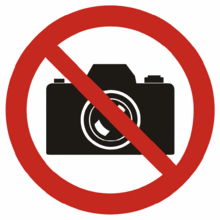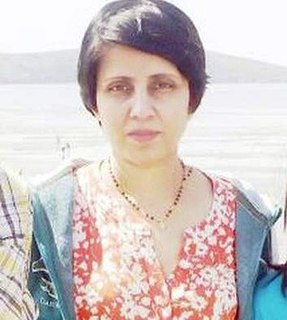 W
WThe right to privacy is an element of various legal traditions to restrain governmental and private actions that threaten the privacy of individuals. Over 150 national constitutions mention the right to privacy.
 W
WProposition 24, officially the California Privacy Rights Act of 2020 (CPRA), is a California ballot proposition that was approved by a majority of voters after appearing on the ballot for the general election on November 3, 2020. This proposition expands California's consumer privacy law and builds upon the California Consumer Privacy Act (CCPA) of 2018, which established a foundation for consumer privacy regulations.
 W
WThe General Data Protection Regulation (EU) 2016/679 (GDPR) is a regulation in EU law on data protection and privacy in the European Union (EU) and the European Economic Area (EEA). It also addresses the transfer of personal data outside the EU and EEA areas. The GDPR's primary aim is to enhance individuals' control and rights over their personal data and to simplify the regulatory environment for international business. Superseding the Data Protection Directive 95/46/EC, the regulation contains provisions and requirements related to the processing of personal data of individuals who are located in the EEA, and applies to any enterprise—regardless of its location and the data subjects' citizenship or residence—that is processing the personal information of individuals inside the EEA.
 W
WIn United States constitutional law, the penumbra includes a group of rights derived, by implication, from other rights explicitly protected in the Bill of Rights. These rights have been identified through a process of "reasoning-by-interpolation", where specific principles are recognized from "general idea[s]" that are explicitly expressed in other constitutional provisions. Although researchers have traced the origin of the term to the nineteenth century, the term first gained significant popular attention in 1965, when Justice William O. Douglas's majority opinion in Griswold v. Connecticut identified a right to privacy in the penumbra of the constitution.
 W
WThe intellectual property rights on photographs are protected in different jurisdictions by the laws governing copyright and moral rights. In some cases photography may be restricted by civil or criminal law. Publishing certain photographs can be restricted by privacy or other laws. Photography can be generally restricted in the interests of public morality and the protection of children.
 W
WThe Privacy Act is the federal information-privacy legislation of Canada that came into effect on July 1, 1983. Administered by the Privacy Commissioner of Canada, the Act sets out rules for how institutions of the Government of Canada collect, use, disclose, retain, and dispose of personal information of individuals.
 W
WJacintha Saldanha was an Indian nurse who worked at King Edward VII's Hospital in the City of Westminster, London. On 7 December 2012, she was found dead by suicide, three days after falling for a prank phone call as part of a radio stunt. In the prank call, the hosts of the Australian radio programme Hot30 Countdown, broadcast on the Southern-Cross-Austereo-owned station 2Day FM in Sydney, called Saldanha's hospital and impersonated the Queen and the Prince of Wales enquiring about the health of the Duchess of Cambridge, who was a patient there at the time. Saldanha fell for the hoax and transferred the call to the nurse looking after the Duchess.